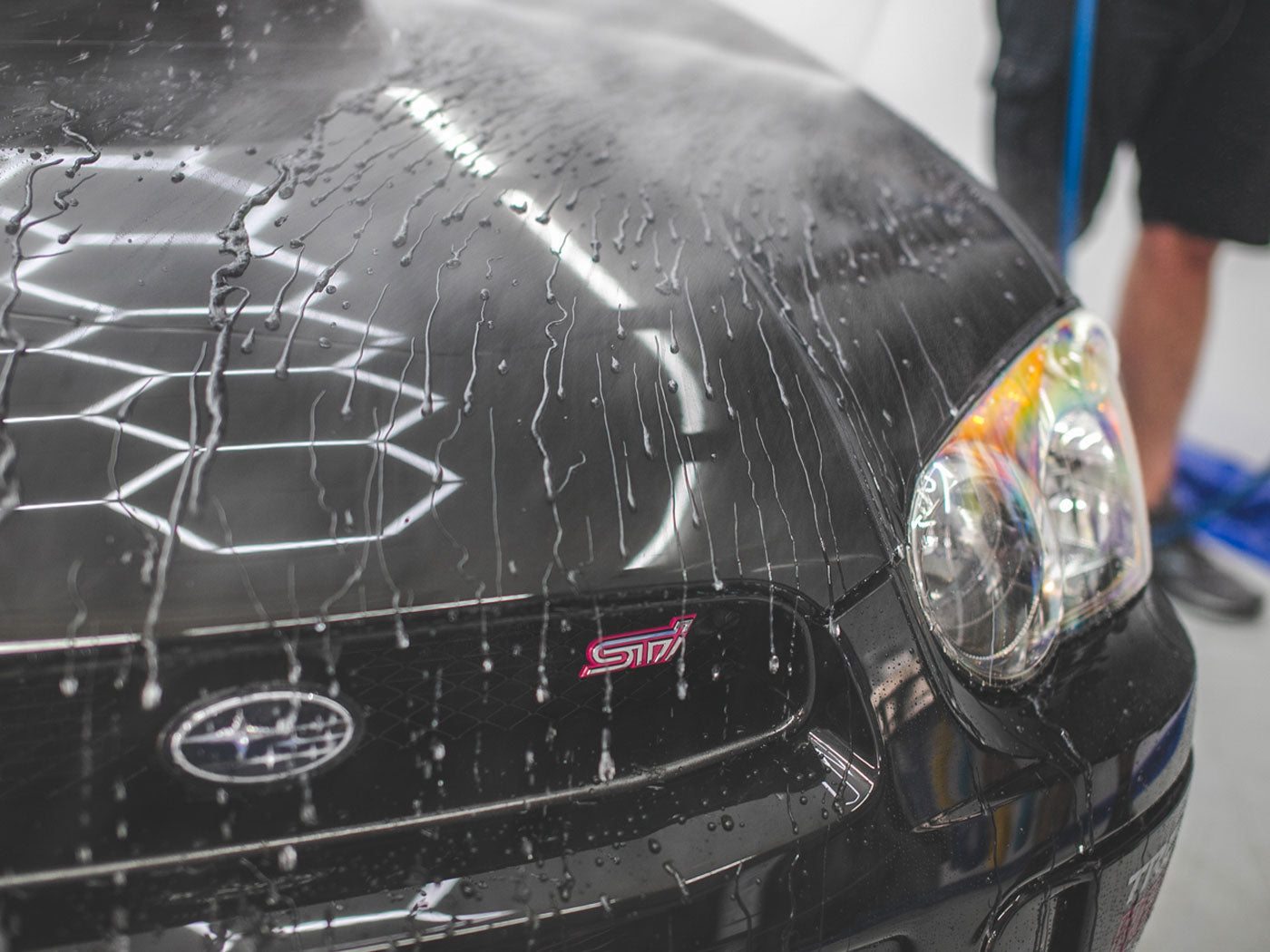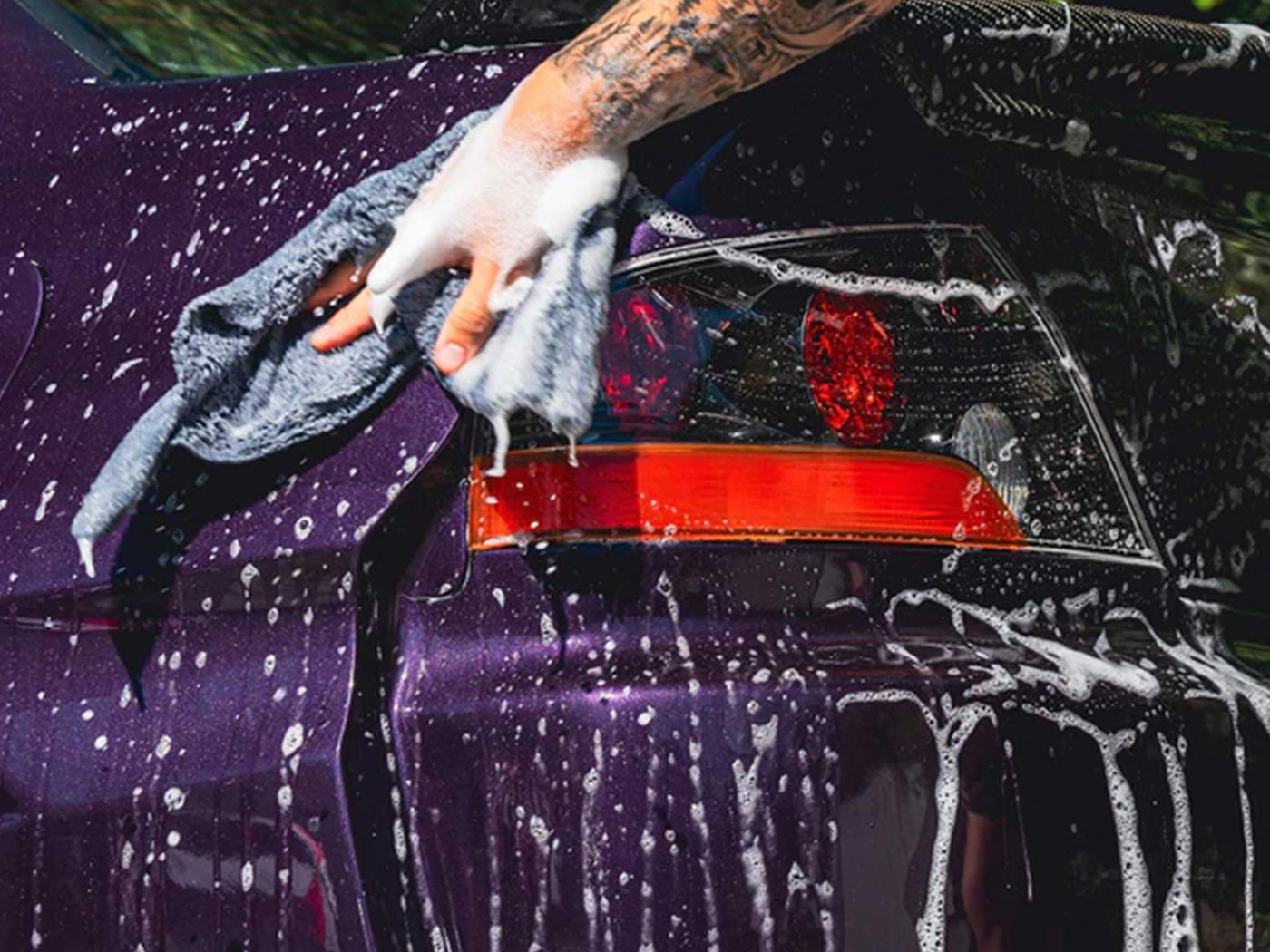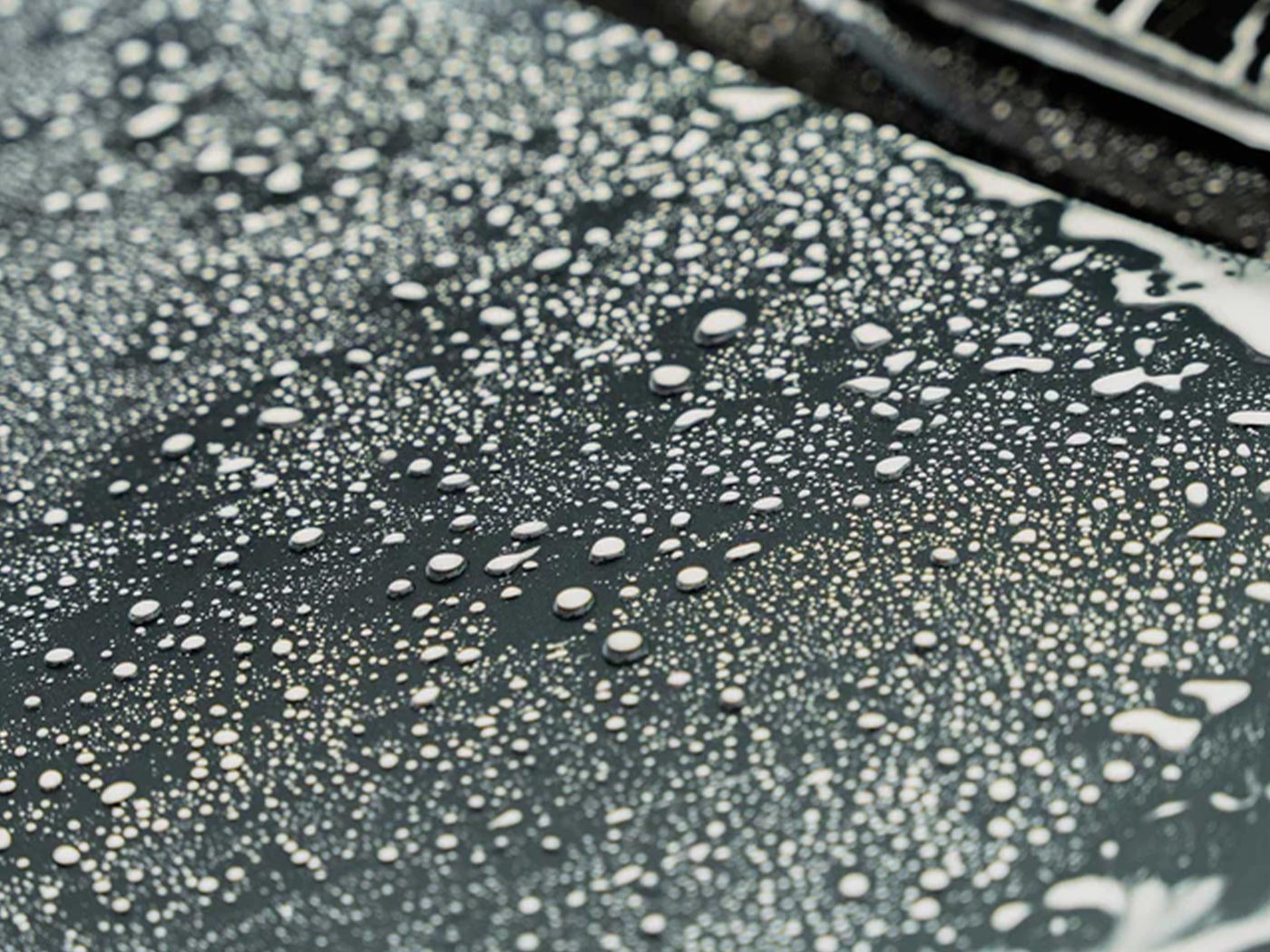Choosing a Ceramic Coating: How to Spot Fakes and Avoid Scams
In the world of car care, ceramic coatings have gained immense popularity for their ability to protect and enhance a vehicle's appearance. However, not all ceramic coatings are created equal. Knowing how to distinguish a genuine product from a fake or bad coating can save you time, money, and disappointment down the road.
First off, What Makes a Good Ceramic Coating?
A high-quality ceramic coatings offer several key benefits that set it apart from traditional waxes or sealants. It creates a durable, transparent layer over the car's paint that enhances gloss and shine. This layer acts as a shield against UV rays, water spots, and minor scratches, while also making the surface easier to clean and maintain. A good ceramic coating can last between 2 to 5 years, depending on the product and how well it's cared for.
How to Tell if a Coating is Fake
When considering a ceramic coating, it's crucial to watch out for signs that indicate a fake or subpar product. Here are some BIG red flags to look for:
1. Scent: Authentic 9H and some 10H nano-ceramic coatings use Polysilazanes, which require ammonium hydroxide for effective bonding. Therefore, a genuine ceramic coating should have a distinct smell of ammonium hydroxide. If the product is scented with anything else instead, it may not be a true ceramic coating.
2. Reaction to Humidity: A real ceramic coating will react to air humidity to create a chemical bond with the car's surface. Lack of this reaction suggests the coating might not be genuine. Also needing to apply multiple coats to get the reaction is another indicator of a bad coating.
3. Misleading Claims: Beware of coatings that promise unrealistic benefits such as eliminating rock chips or lasting over 5 years. While ceramic coatings offer excellent protection, they cannot prevent all damage or last indefinitely. If the claims sound too good to be true, they likely are.
4. Application Process: Genuine ceramic coatings typically require precise application and curing processes to achieve optimal results. If the application instructions are vague or the product seems too easy to apply, it could be a sign of a fake.
5. Product Demos: If a buyer reaches out to you at all wanting you to try a new product remember one thing, anything more than one sample of the product could be a red flag. Good ceramics aren't cheap and someone giving them away usually is a possible indicator of a fake.
How to Avoid a Coating Scam
Protect yourself from falling victim to a ceramic coating scam with these tips:
Research: Take the time to research different brands and products. Read reviews from reputable sources and consumer feedback to gauge the reliability and performance of the coating.
Check Ingredients: Look for specific ingredients like Polysilazanes and ammonium hydroxide in the product description. It should be decently easy to get ahold of an SDS document for the product. Contact the manufacturer if necessary to verify the composition.
Ask Questions: Don't hesitate to ask the seller or manufacturer detailed questions about the coating's features, benefits, and testing standards. A credible supplier will be transparent about their product.
Avoid Unrealistic Claims: Be wary of coatings that make exaggerated claims about their capabilities. A genuine ceramic coating enhances protection and appearance but won't make your car invincible or last forever.
Buy from Trusted Sources: Purchase ceramic coatings from authorized dealers or reputable retailers. Avoid purchasing from unknown or suspicious websites offering steep discounts, or someone who just started their company a couple months ago.
By following these guidelines, you can confidently choose a genuine ceramic coating that will protect your vehicle and maintain its aesthetic appeal. Remember, investing in a high-quality product ensures long-lasting benefits and peace of mind. At the end of the day trust your gut and remember that if it seems too good to be true, it usually is.






1 comment
Yonas
I wish you without any bias suggested the genuine brand and dealer’s name to help people buy without wasting a lot of time to look for it.
I wish you without any bias suggested the genuine brand and dealer’s name to help people buy without wasting a lot of time to look for it.